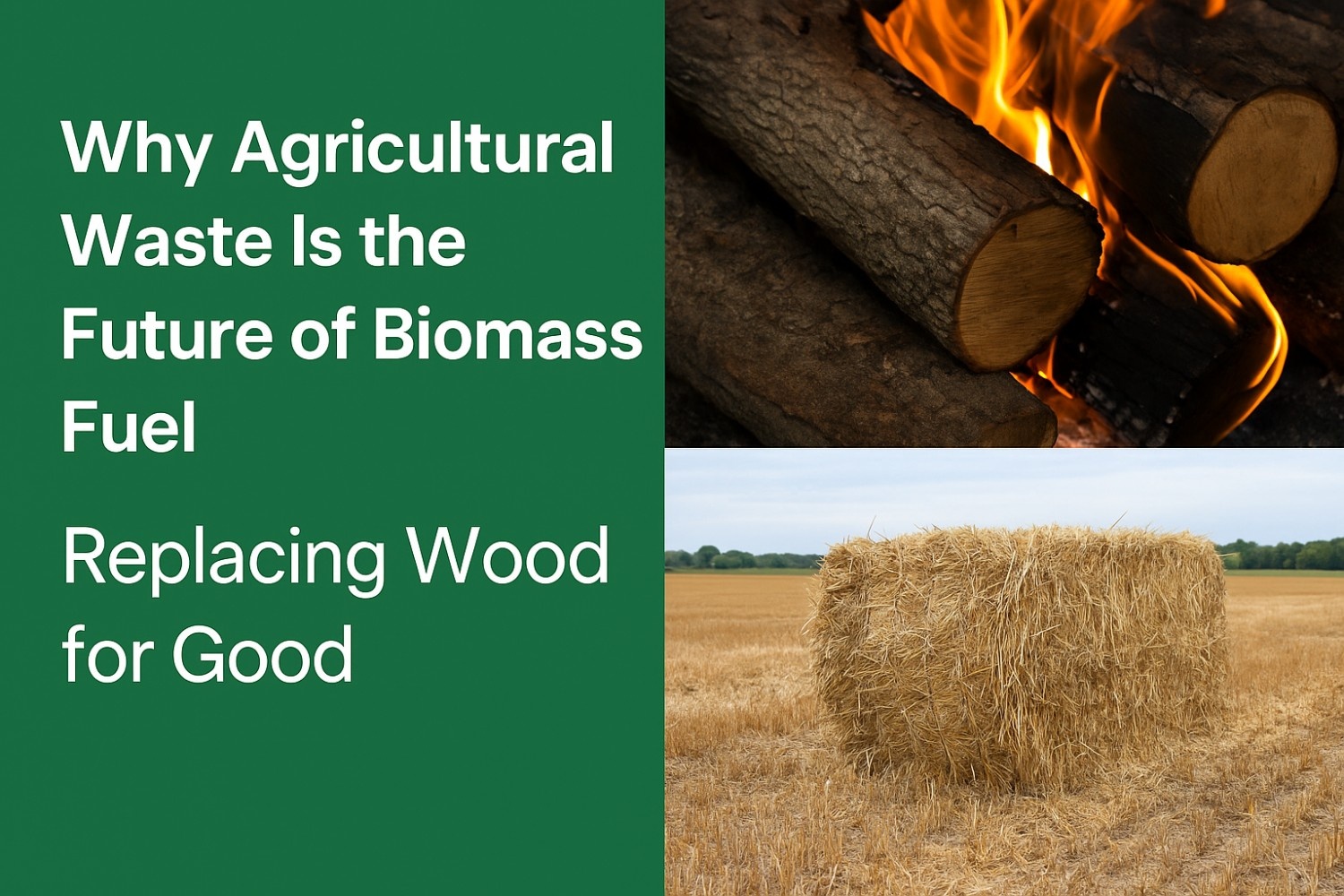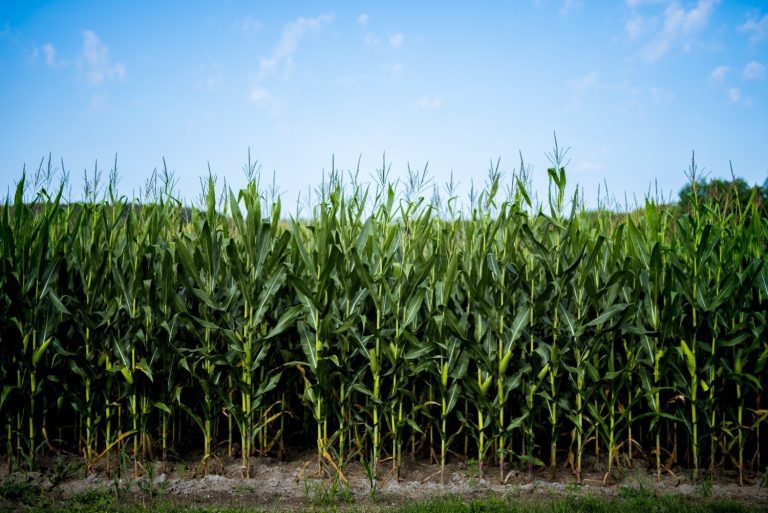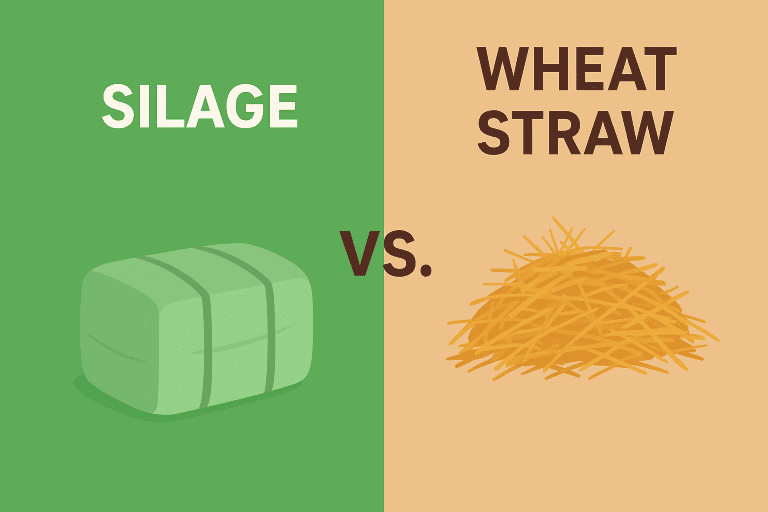Introduction:
As the world faces rising deforestation, increasing energy demand, and a pressing need for sustainability, agricultural waste is emerging as a powerful alternative to traditional wood-based biomass fuel. From wheat straw to rice husks, this underutilized byproduct of farming is proving to be cleaner, more sustainable, and more accessible — especially for countries like Pakistan.
🔥 1. The Growing Problem with Using Wood as Fuel
For centuries, wood has been the primary source of biomass energy. However, this reliance has caused:
- Massive deforestation and habitat loss
- Long regrowth cycles of trees
- Increased carbon emissions
- Unsustainable harvesting practices
Wood is no longer a viable long-term solution — and that’s where agricultural waste steps in.
🌾 2. What Is Agricultural Waste?
Agricultural waste includes byproducts like:
- Wheat Straw
- Corn Cobs
- Sesame Straw
- Mustard Straw
- Rice Husk
- Sugarcane bagasse, cotton stalks, and more
These materials are often discarded, burned, or left to decompose. But now, they’re being baled, processed, and used as biomass fuel, offering a second life to what was once “waste.”
♻️ 3. Why Agricultural Waste Is Better Than Wood
- ✅ Sustainable Supply
Crops are harvested annually, offering a renewable and fast-regenerating source of fuel compared to trees that take decades. - ✅ Environmentally Friendly
Using crop waste reduces open-field burning and lowers air pollution. It also prevents methane release during decomposition. - ✅ Cost-Effective
Agricultural waste is locally available and often cheaper than firewood or wood pellets. - ✅ Energy-Efficient
When processed and baled properly, agri-waste can offer a comparable calorific value to wood, especially rice husk and corn cob.
🏭 4. Real-World Applications in Pakistan
In Pakistan, biomass-fueled mills and industrial burners are increasingly shifting from wood to crop residues due to:
- Government policies to reduce deforestation
- Rising wood prices
- Abundant agricultural waste, especially in Punjab and Sindh
At Babar Aziz Balers, we’ve been at the forefront of this transition — supplying baled wheat straw, rice husk, and other biomass materials to mills, warehouses, and exporters for decades.
🌍 5. The Environmental Impact
Switching from wood to agri-waste:
- Reduces the carbon footprint
- Slows deforestation
- Supports circular economy practices
- Promotes rural employment through baling and processing units
🚀 Conclusion:
Agricultural waste is not just a replacement for wood — it’s an upgrade. It offers sustainability, affordability, and environmental responsibility. As awareness grows, and demand for clean energy rises, agri-waste will continue to dominate the biomass fuel market — in Pakistan and around the world.




